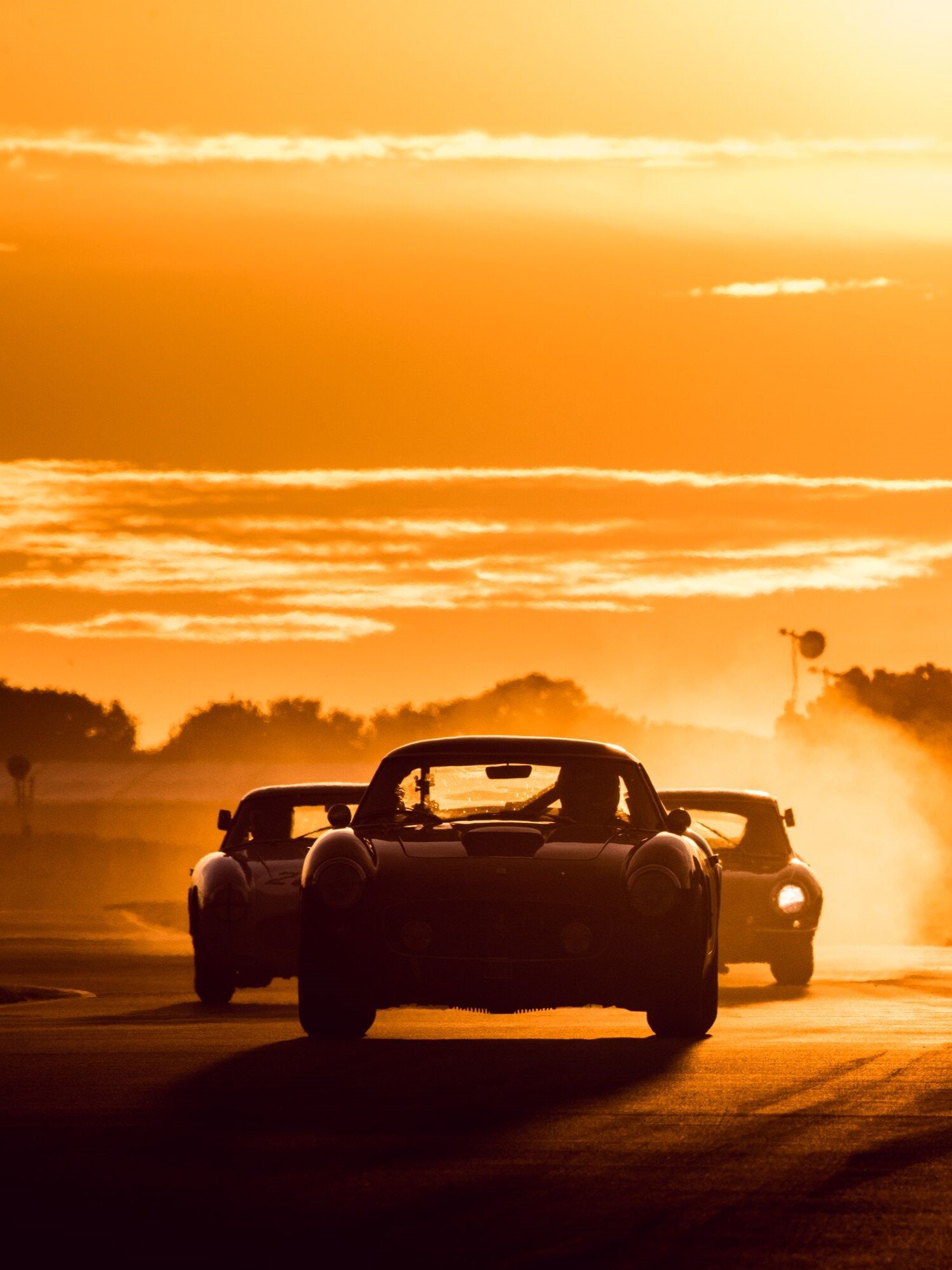Your guide to 1950s Revival fashion
“There are no full stops at the beginning and end of each decade,” says Sue O'Donoghue, Goodwood's former Theatrical and Costume Curator. “They all run into each other. The most popular look of the 1950s was inspired by Dior’s New Look, which was actually launched in 1947.” The nipped-in waist and full-skirted silhouette took advantage of the end of rationing: the full circular skirts used an excessive amount of fabric and were held in place by many layers of frilled petticoats of stiffened nylon. Sometimes these petticoats contained upwards of twelve metres of nylon net. Sue explains, “Dior said, ‘There is no fashion without structure,’ so that is absolutely key.”

Influenced by couture houses as well as Hollywood films, the 1950s style was celebratory and flamboyant, shaking-off the austere aesthetic of utility clothing. Colourful full-skirted print dresses were fashionable. And although it became increasingly acceptable for women to wear slacks, the fashion mood in the fifties leaned towards femininity and formality.
Compared to the extravagant fashions, fabrics and colours of the 1950s, the 1940s might seem drab, but had given women certain freedoms, in fashion choices, home and work lives. “Low wedge heels of the 1940s were practical for working women,” says Sue. “The 1950s saw the introduction of incredibly tall and pointed court shoes which were not comfortable at all. But in a full skirt they made your calf muscles look beautiful.” The nipped-in waists of the dresses also required restrictive corsets, called waspies, to be worn.
Toward the end of the decade the silhouettes changed again, becoming less structured and straighter in cut. Introduced by Chanel, Dior, and Balenciaga around the same time, the straight-cut suit, in contrast to the New Look, emphasised a woman’s natural shape with the jacket hanging at the widest point of the hips. Although couture was king throughout the 1950s, ready-to-wear ranges became popular and cheaper, with new manmade materials including Nylon, Crimplene and Orlon. These materials meant that garments were easy-care and revolutionised the colour palettes. Again influenced by the states, sportswear became popular, and saw the introduction of capri pants.
Love fashion? Read our guide to 1940s Revival fashion.

What to wear for an authentic 1950s look for women
“It depends what kind of day you want to have,” says Sue. “If you want to be sat on the lawn drinking Champagne all day then a circle skirt with three petticoats and pointed court shoes is the look for you, but if you want to walk about Revival you could go for an Audrey Hepburn, with capri pants, little ballet pumps, and a nice little top and neck scarf.”
Audrey Hepburn was a 1950s icon and the film Sabrina is famous for a stunning black and white Givenchy gown with full skirts. But the promotional photographs show her in the quintessential beatnik wardrobe of capri pants, tight sweater and ballet flats.
“Remember, if you choose capri pants and want them to look authentic don’t get any with zips or buttons at the front. These would have been at the side or the back,” says Sue. “If you're thinking about a circle skirt, opt for a duster coat so that it covers the whole dress and keeps you nice and dry and comfy.” It’s all about the details; for instance, in 1952, seamless stockings were introduced into Britain.
What to wear for an authentic 1950s look for men
“If men want to go for a smart suit, then look for a double breasted suit with a wide lapel,” suggests Sue. “This was a reclamation of pre-1940s fashion, when wide lapels and double breasted suits were banned. It was a much more flamboyant style, with wide trousers and big turn ups.”
Taking inspiration from the Edwardian dandy, the “New Edwardian” suit was introduced in 1950 by Savile Row tailors looking for a new look for young men. With much skinnier trousers, and a narrow shouldered jacket, it was worn with a long slender overcoat with velvet collar and cuffs. The look was quickly commandeered by working class youths who added bright socks and a bootlace necktie.

Where to buy vintage 1950s clothes
At Goodwood Revival you can find plenty of really good stallholders, who have shops online and in real life. Try The Looking Glass , a specialist retailer of true vintage clothing, for men and women. “But for pretty 1950s dresses you could do worse than really good quality retro apparel,” says Sue. “A few years ago I would never have recommended retro but the market has really improved. I dressed all the Grid Girls in retro – lots of modern fabrics but vintage patterns and really good quality.”
Labels to look for to create an authentic 1950s look
Prints became very popular in the 1950s. “A name to really mention in terms of British Fashion is Horrockses,” says Sue. “They were originally a factory that just did bed linens, tablecloths and pillowcases but moved into dressmaking in the late 1940s. Princess Margaret and the Queen wore them – if you look at the pictures of her tour in Africa she wore lots of them. They were really good quality cotton and really lovely prints, and very well made considering they weren’t couture. But they were good enough for the Queen.” Other than that, Steine and Blanes also produced lovely stuff. “I shouldn’t tell you that!” says Sue. “People will be buying the things I want to buy! Diorling was also the off-the-peg Dior that you could buy in department stores and that’s still around.”
This year at the Revival, Dandy Wellington will lead the Vintage Style Not Vintage Values series of talks in the Revive and Thrive Village. Book your tickets now for a chance to meet his wonderful community of vintage icons.
Photography by Ed Horder and Toby Adamson.
Revival Style
Revival









